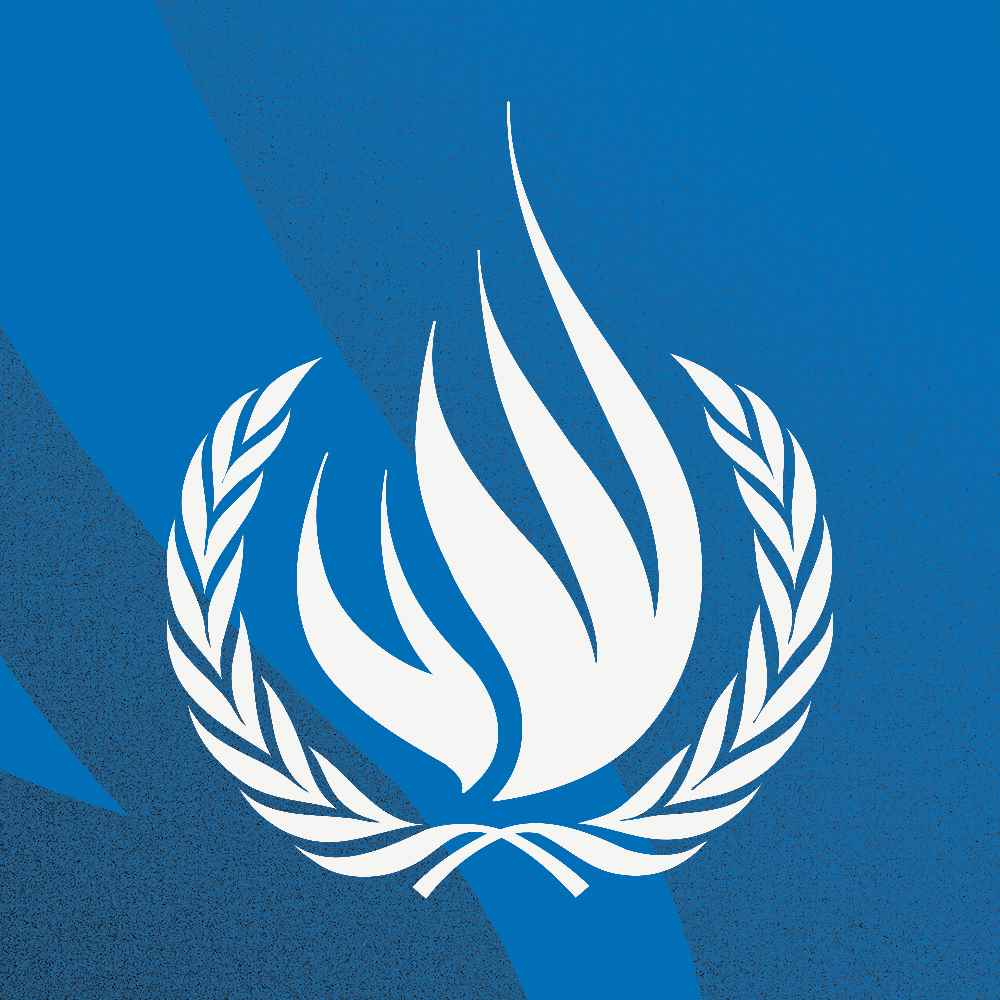
Two weeks ago, the British Parliament’s Intelligence and Security Committee released its delayed report on an investigation into the Russian subversion of British politics.
It was originally scheduled for publication before the UK general election last December, but the committee’s reports must be vetted by the prime minister’s office. The delay that this caused led to various conspiracy theories about the Kremlin’s supposed influence on the ruling Conservative Party.
In the event, the report was rather less salacious — but it did find concerted efforts by Russia to interfere in British democracy and society. When combined with growing political concerns about similar Chinese efforts, the pressure on the British government to take action is immense.
The response came on Sunday, when it was announced that Boris Johnson wants to update the laws on treason, espionage and state secrets “within months.”
This move should be welcomed. At the end of the Cold War, neoconservative thinker Francis Fukuyama wrote a book titled “The End of History and the Last Man.” Its central thesis was that the defeat of communism by the West, in a war of ideas rather than military might, marked the end of the era of ideological fights. The liberal, democratic West would henceforth spread its vision of society unchallenged around the world. The “end of history” that he described was not the nuclear apocalypse that had been predicted for so long, but the perpetual peace long dreamed of by Europe’s liberal philosophers.
Fukuyama’s now-recanted universalist view bears more than a passing resemblance to certain views on the left, which see the inevitable global conquest by socialism as “the end of history.” Nation states will be no more, in this utopian brotherhood of man. After the Russian Revolution in 1917, the Comintern (Communist International) was set up precisely to achieve this vision (or rather, its Bolshevik interpretation).
What these views have in common is a vision of a future in which nation states become mere administrative units, at best. The idea of national interests being set against one another becomes subsumed to the general interests of humanity that will be sought by all, thanks to a shared ideology of global government.
There are plenty on the left who cling to the idea that the nation state is inherently oppressive, and for whom patriotism is akin to idol worship. In the two decades that followed the Cold War — a period marked by the absence of significant great power rivalry — this view became solidly entrenched in the universities and professional institutions of the West.
When former British Prime Minister Theresa May gave a speech in which she said “if you are a citizen of the world, you are a citizen of nowhere,” it was greeted with outrage. She was derided as a “little Englander,” seeking to score cheap points among British patriots who were barely better than racists and fascists.
The problem for those holding this view is that while they might see themselves as citizens of the world, bound only by a loyalty to humanity and not by the sordid bonds of the nation state, the West’s enemies do not. The governments of Russia and China have never stopped imposing a compulsory patriotism that sets the interests of their countries above those of the rest of the world. This sees any potential obstacle to those interests as something that needs to be fought by any means necessary — and Western institutions as rotten fruit, ripe for the picking.
The West has failed over the past three decades to recognize that the world remains defined by nation states with independent national interests, a Hobbesian state of nature in which a decision not to seek strength is a decision to consign yourself to weakness. This has enabled others to make advances that should never have been allowed. In dreaming of perpetual peace, we have allowed a new, catastrophic war to become more likely.
It is not only rival states that have taken advantage of our blindness. So have extremist groups of all kinds. The young, naive British Muslims who responded to Daesh’s call in 2014 had been brought up in a society that did not teach them that one’s own state has a call of loyalty upon its citizens that is second only to God’s.
The case of Shamima Begum has been back in the British media. Like many others who traveled to join Daesh, she seems to have realized the mistake she made in abandoning her country. She, and others like her, want to come back — but to what? An update to our treason laws must not only protect us against those in the pay of a foreign state, but also against those who join an organization that seeks the overthrow of the state.
Non-state groups pursue subversion to put something far more dangerous in its place.
Peter Welby
Dealing with those who join a group actively fighting the state should be simple, and I hope that the government’s updated laws are robust. More complicated to deal with are those who operate below the radar, whose aim is the overthrow of our system of government by subversion. From neofascists to Islamists to extreme environmentalists, there are those who would work in the West, careful never to break any significant laws, to undermine society from within.
This is not a separate threat from that posed by China and Russia. They have operatives following exactly the same agenda. The only difference is this: That states such as China and Russia do not have any ideology to spread beyond weakening their rivals. A divided West is good for them.
Non-state groups pursue subversion to put something far more dangerous in its place. Our new laws must stop them, too.
Peter Welby is a consultant on religion and global affairs, specializing in the Arab world. Twitter: @pdcwelby
Disclaimer: Views expressed by writers in this section are their own and do not necessarily reflect Arab News" point-of-view












